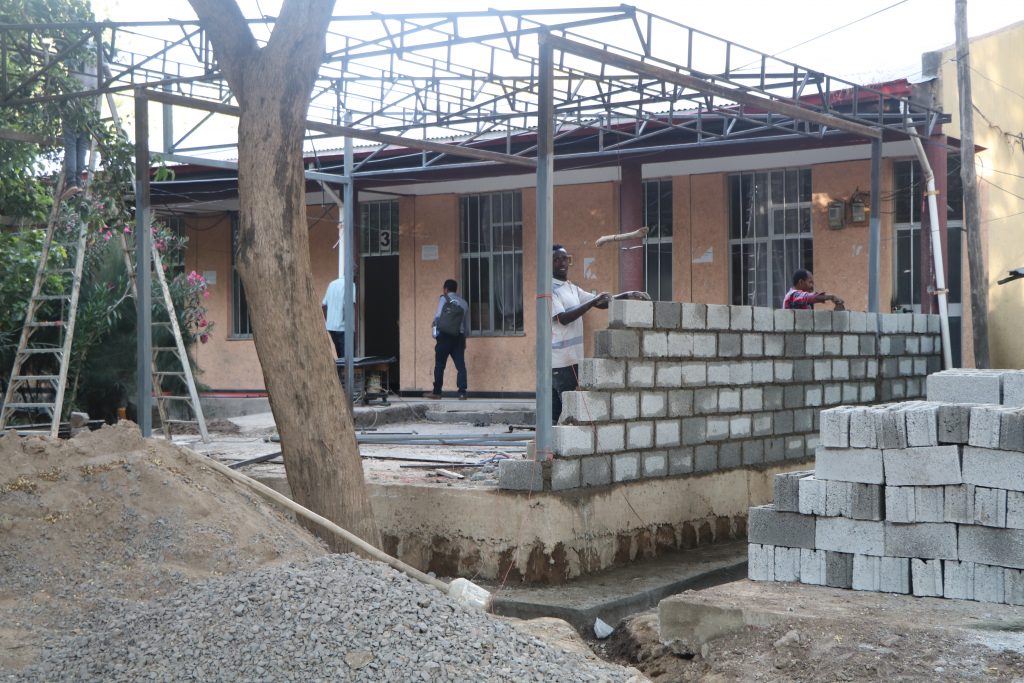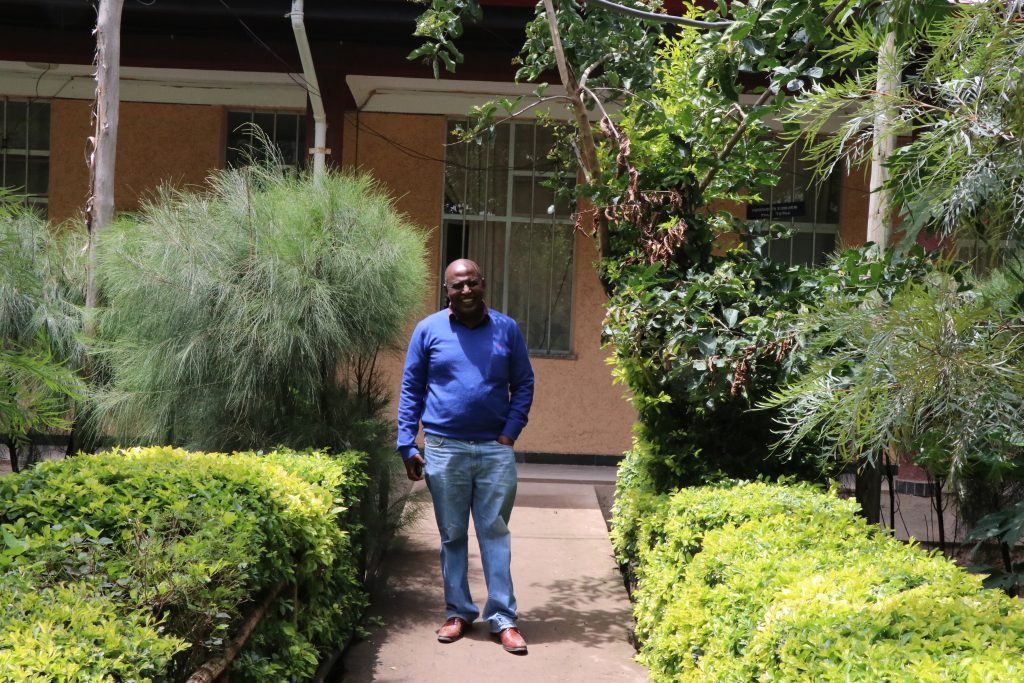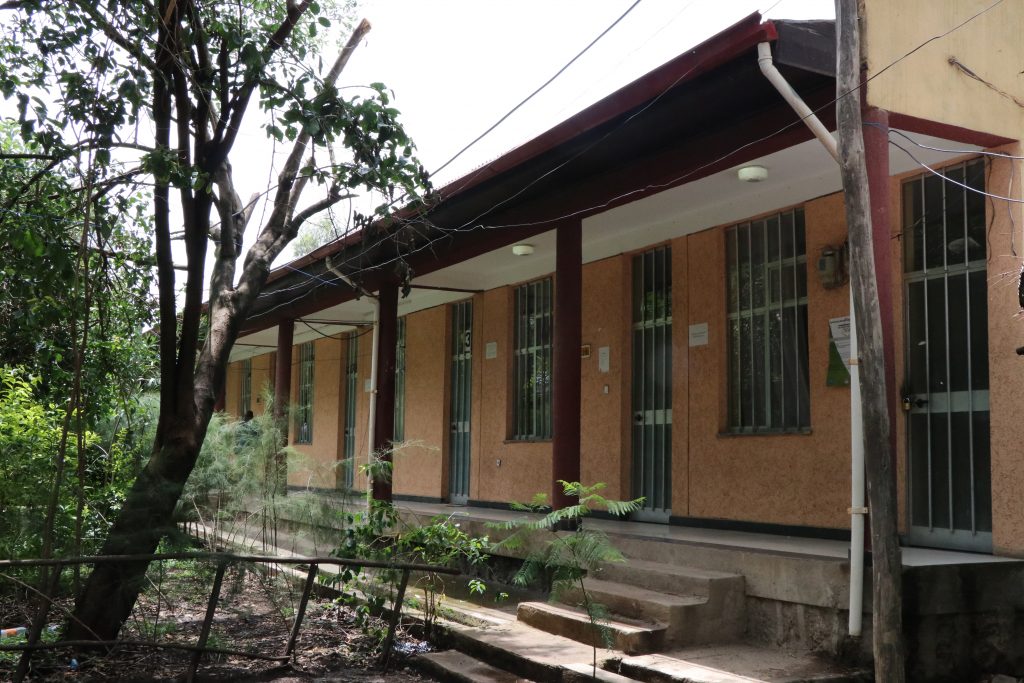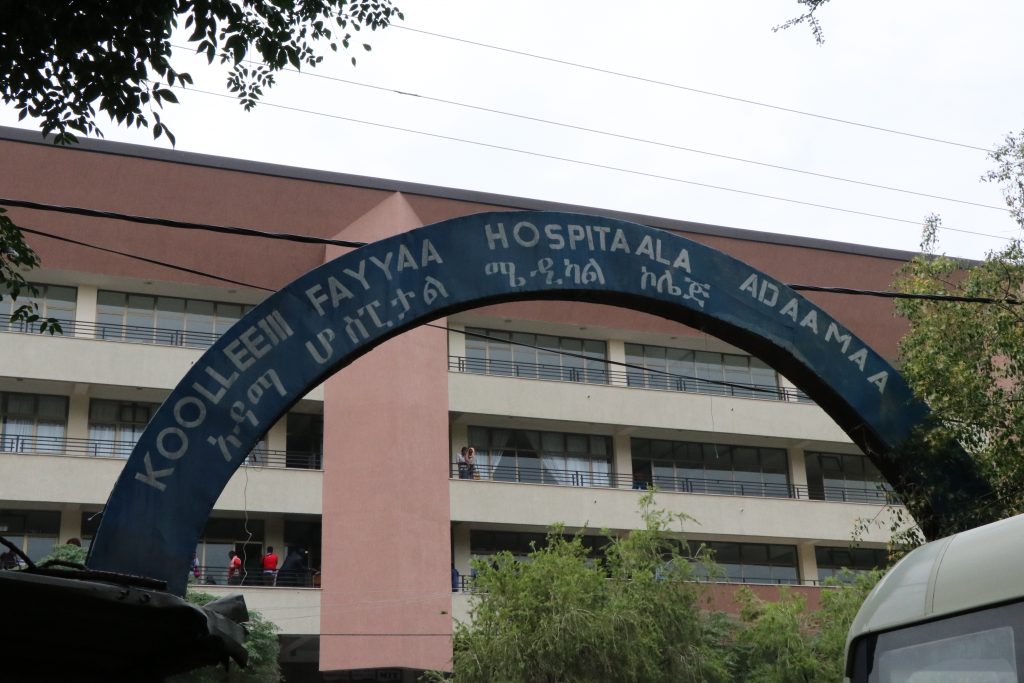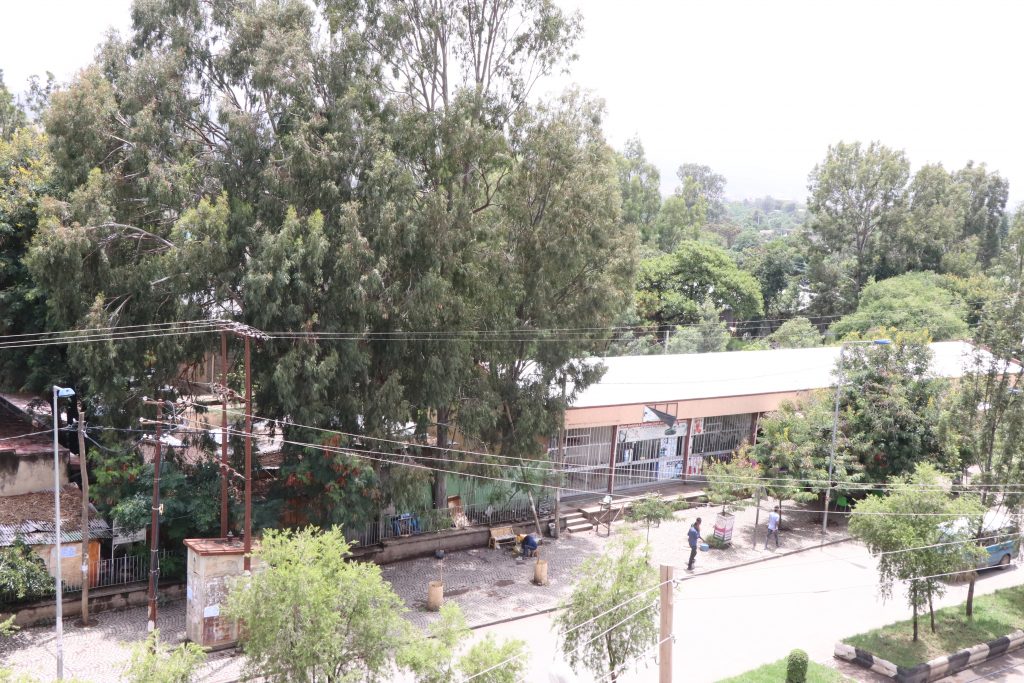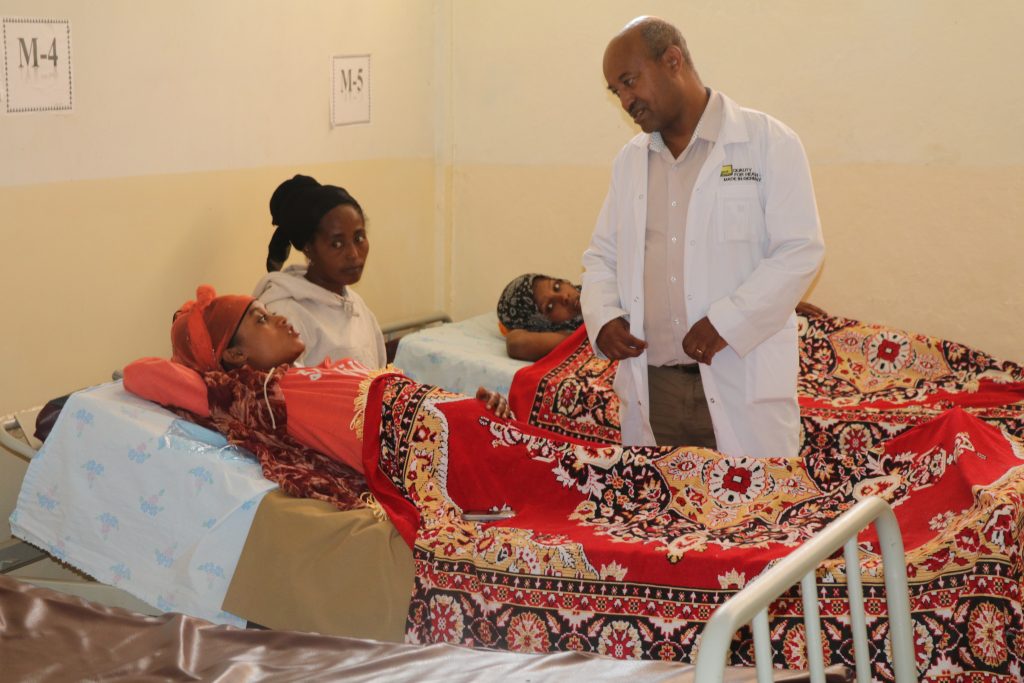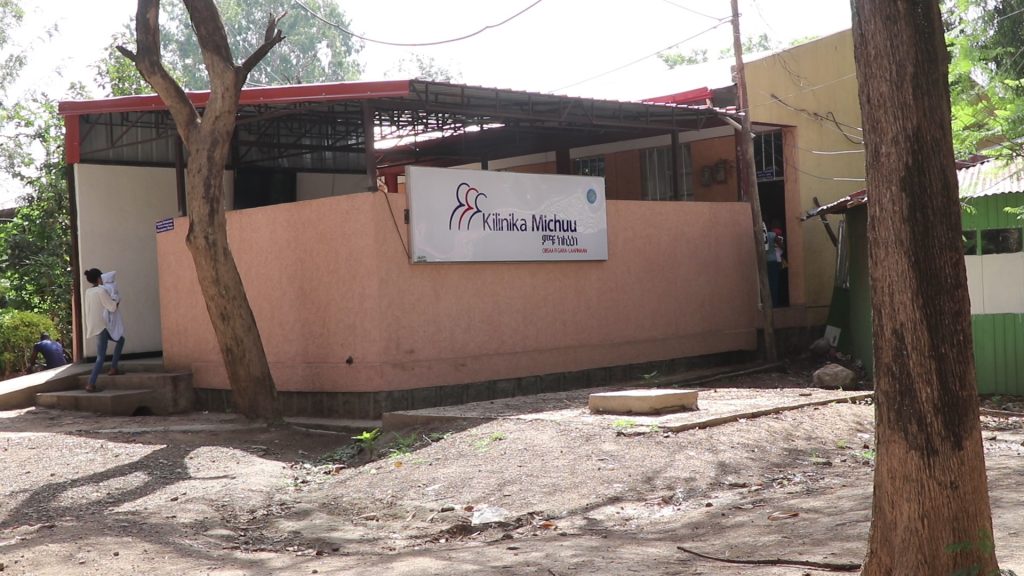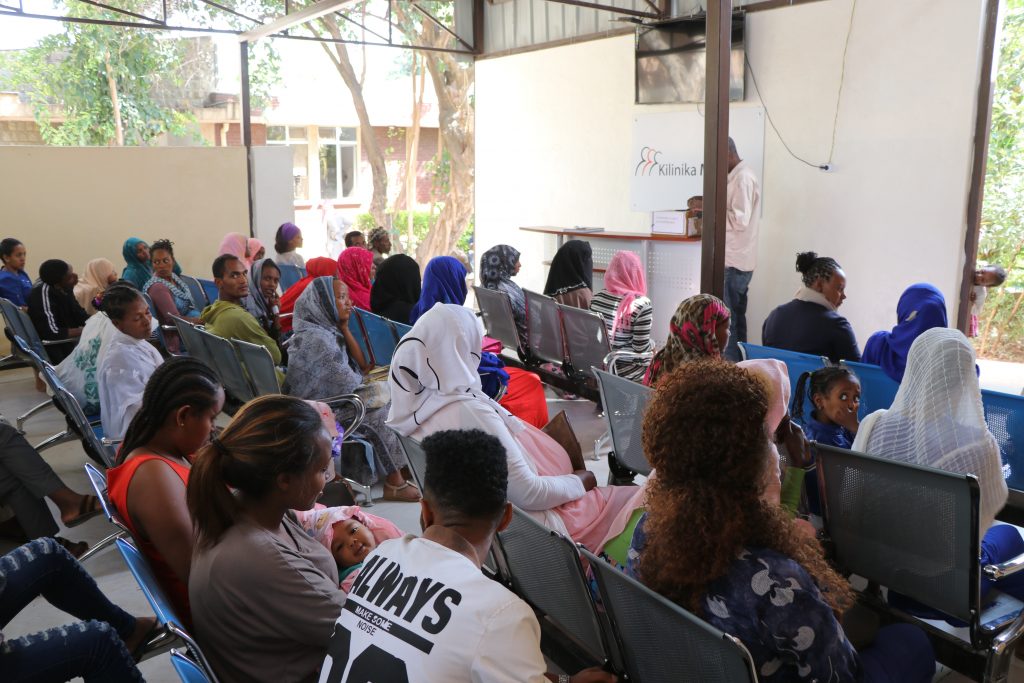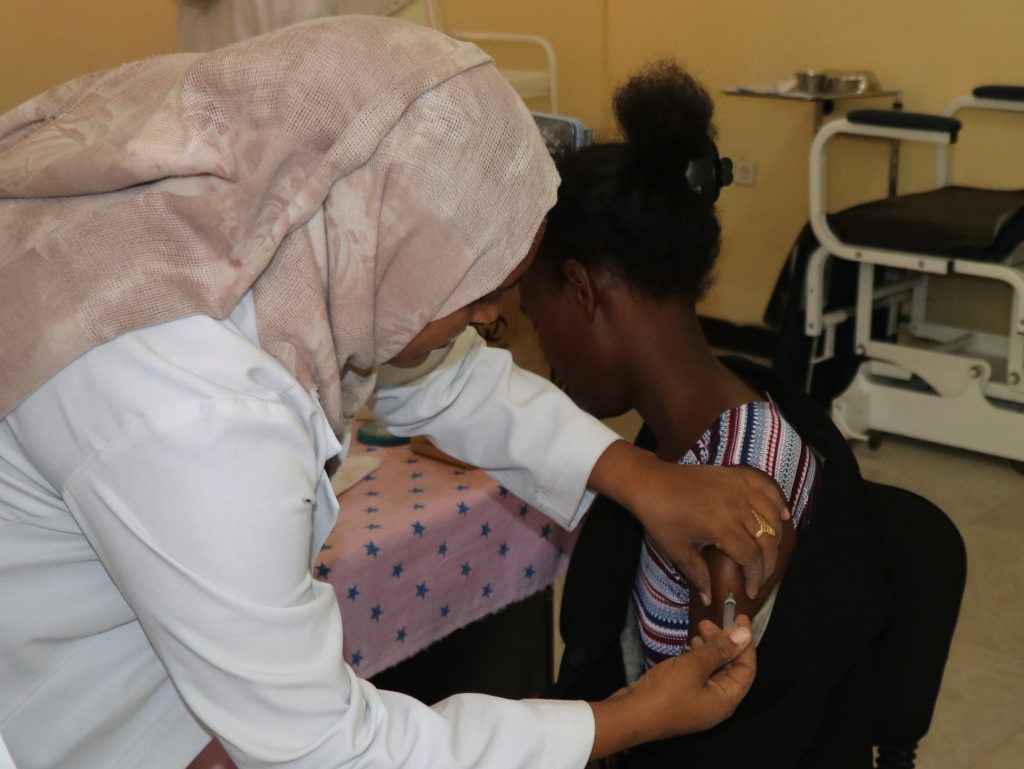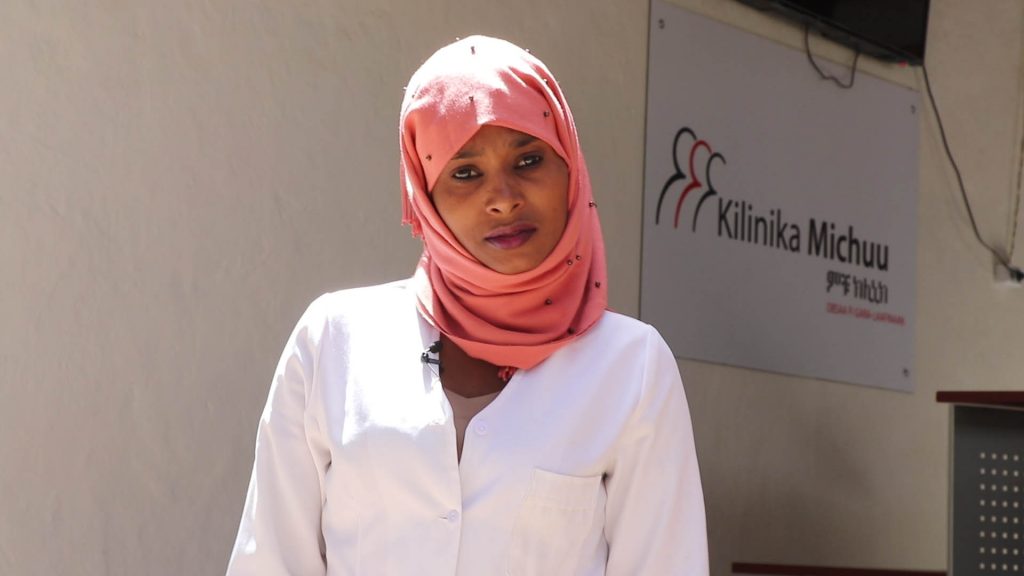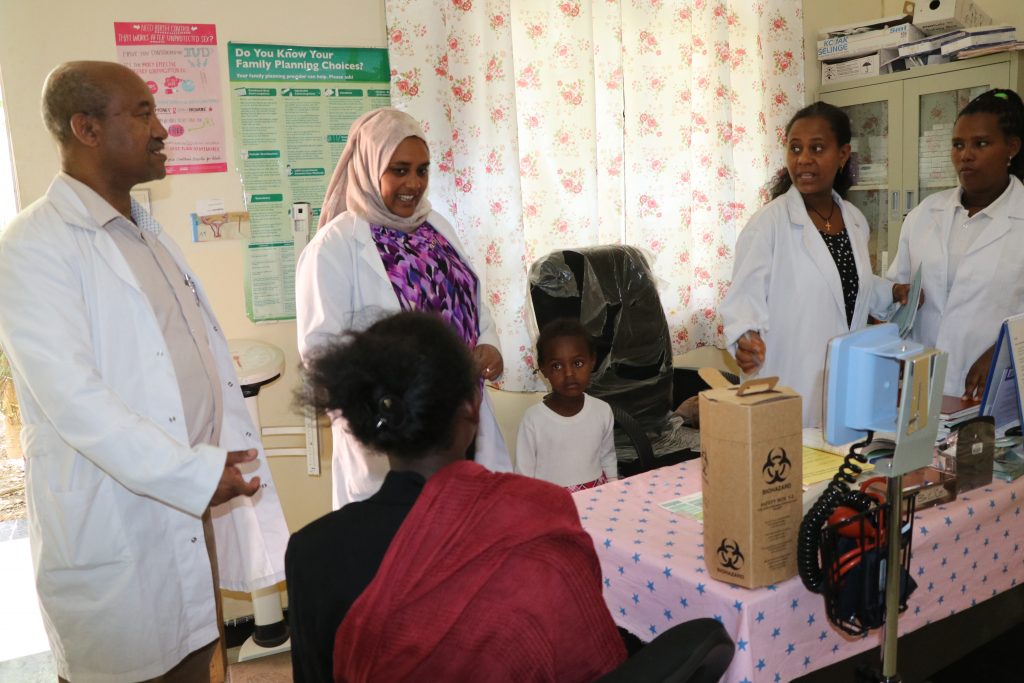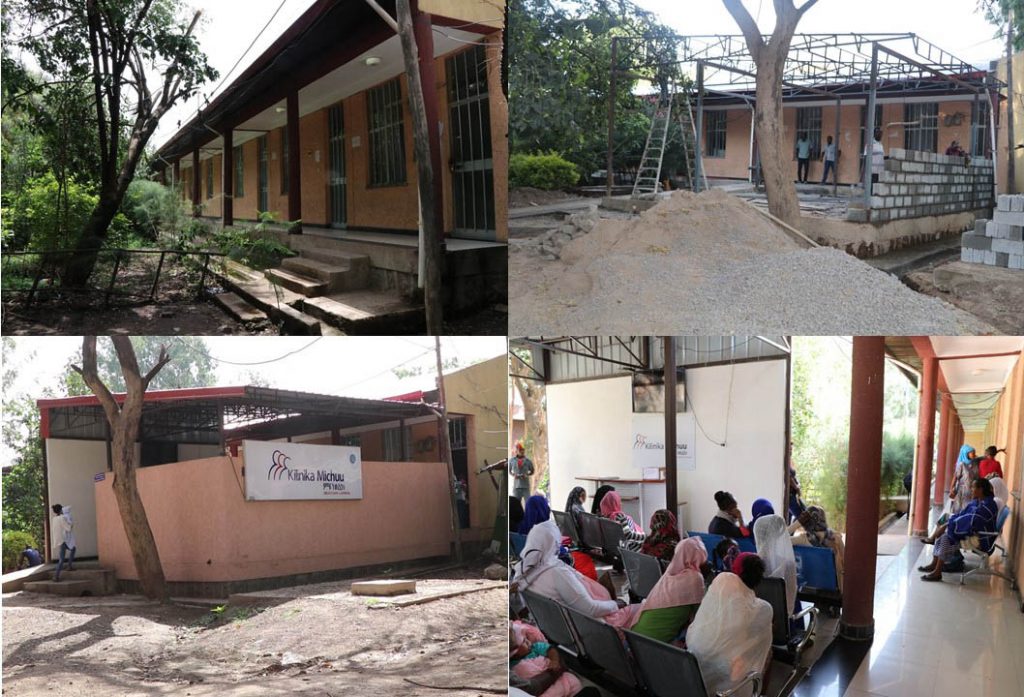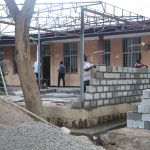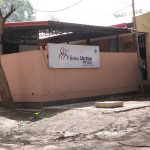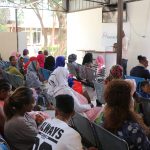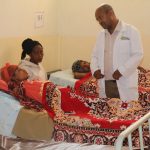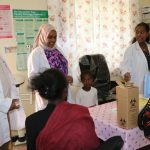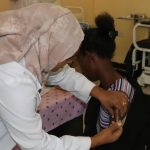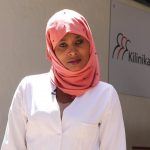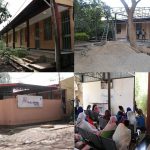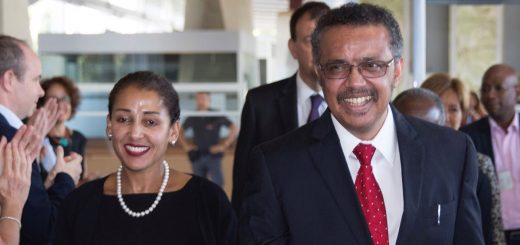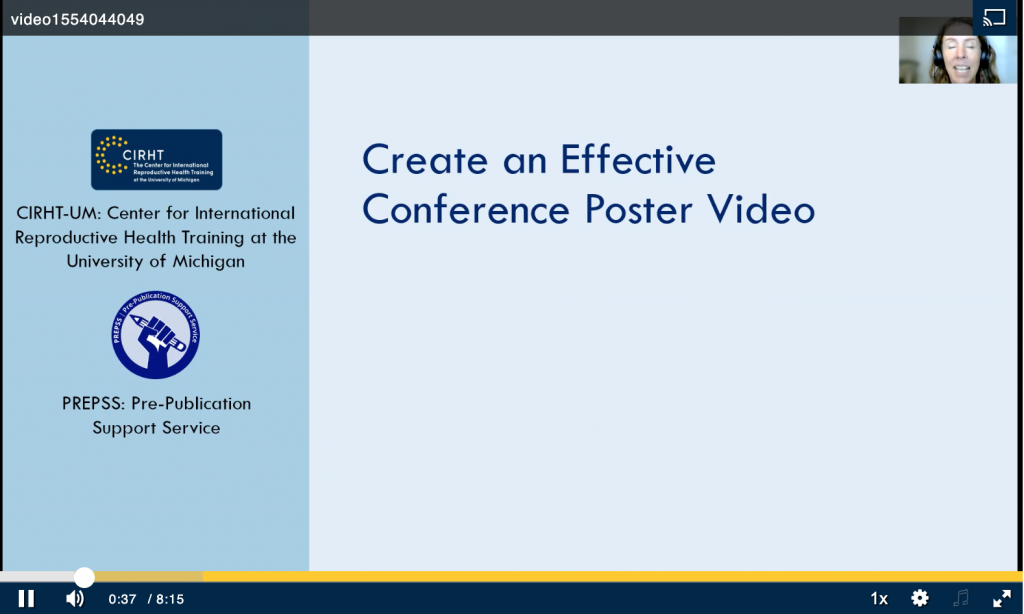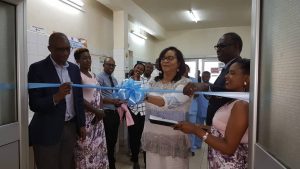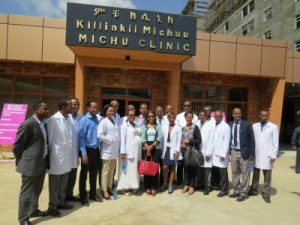In Adama, a new Michu clinic expands Comprehensive Family Planning and Safe Abortion Care services
In one room, a line of young women — accompanied by men and in some cases their mothers — await vaccinations for their newborns. In two more down the peach stucco terrace midwives provide antenatal advice and care to women who have just given birth. Meanwhile, in a nearby recovery room, six women rest in comfortable beds following safe second-trimester abortions. This is just another normal day at the recently-opened “Michu” (which means “comfort” in Amharic) clinic at Adama Hospital Medical College in Adama, Ethiopia. On average, the clinic sees some 100 to 120 girls and women every day, including Saturdays, where teams of nurses and midwives also provide family planning, counselling, and contraceptive commodities to both men and women. The clinic’s services are so popular that on this day, 50 people are waiting in a protected area.
Until just a few months ago, the newly refurbished building had housed the administrative offices of the hospital and medical college, which serves a catchment area of more than five million in the Oromia region and educates 149 medical students and some 40 residents. The surging demand for family planning and abortion services convinced Provost Dr. Silashii Gaaromaa Abbayyaa that he had to leave his office space and move into whatever was available, a dark un-refurbished office in another part of the hospital complex which he calls his “cave.”
“Our first priority always has to be the clients, our patients. Then come the students. Staff is last. We had high demand for services but not enough space. So by moving, we were able to serve our patients in comfortable surroundings designed especially for them,” he says. “It’s important for us to set an example for the students about our priorities. I want to be an example for other public health professionals,” says Dr. Silashii.
The hospital in Adama has a tradition of ground-breaking activity. Established in 1938, it was the first missionary hospital in Ethiopia. In 2008, the College of Health Science Education was created. The Michu clinic is one of 12 that have opened across Ethiopia at university hospitals in partnership with the Center for International Reproductive Health at the University of Michigan (CIRHT). While it wasn’t the first, it was the fastest to come into service – the refurbishment took only three months.
Dr. Silashii explains, “Safe motherhood is a national priority, and family planning and safe abortion care are pillars of ensuring safe motherhood. When abortion was legalized in certain circumstances in 2006, the complications from unsafe abortion accounted for 32 percent of maternal mortality. Over the past few years, that number has dropped consistently and now sits at less than 13 percent. Adama was one of the first places to perform second trimester abortions, and from that work helped to establish national guidelines and procedures. But when the clinic was not in a separate area, women suffered. So it was important to create a separate space conducive for all types of clients.”
The impact of the new clinic has been immediate. More women are now being provided with a cross-section of reproductive health services and their satisfaction with the health care is high.
Dr. Fikru Abebe is an OB-Gyn who has been the local champion for integrating pre-service training in family planning and comprehensive abortion care at the college. “We want more family planning so we have less need for abortion. We need to raise awareness. It’s all integrated and interrelated, even with the antenatal and postnatal clinics, a part of giving the woman the health care she wants. And if you serve one woman with services and information, then she will go tell other women, and the awareness will grow.”
In the family planning ward, one woman, accompanied by her four-year-old, explained to midwife Kemila Ture that she had another child as well, and wanted to delay the next pregnancy. She was unsure about what to do and needed information. She decided upon depo provera, which was administered immediately and will give her protection from pregnancy for three months. “She has been counselled and now she has chosen her method. We want every woman who comes to leave happy with their choice,” said Dr. Fikru.
As he walked through the post-abortion recovery room, the patients all signaled their satisfaction. “I feel comfortable here,” one woman told him.
“Women were waiting too long for second trimester abortion services before. We couldn’t serve the flow of patients. Now we are doing six or so per day.”
The emphasis on family planning service is evident throughout the hospital. Midwives and nurses in the maternity ward offer counselling on post-partum family planning, including IUCD, Implanon, and other methods. Midwife Marifa Ahmed says that many women have misconceptions about side effects, like arm weakness or infertility. “We tell them about the health effects of spacing their children, and clarify to them the potential side effects of each method. Some women choose not to use anything, but at least we know they have been given options. With more counselling, we see an increase in use.”
The increase in use of post-partum family planning has been dramatic, as well as the uptake of family planning in general – up 57 percent– and safe abortion care – up 60 percent.
The new Michu is part of that success. Provost Dr. Silashii notes that in many places abortion is still a taboo subject. That affects the general public as well as the medical practitioners and students. “We have to show that safe abortion saves women’s lives. It is a continuous communication process and the people of Adama have shown their appreciation for our efforts.”
Reducing stigma is also key. Having a separate clinic is one way of addressing that predisposition. Everybody at the hospital has gone through Value Clarification & Attitude Transformation (VCAT) training, from the students and residents to the nurses and midwives, to all staff, including the guards.
For Dr. Fikru, that is what makes the clinic effective. “If everybody in the hospital knows what we are doing, we don’t have a problem with negative attitudes. One of the key things for a woman having an abortion is privacy and confidentiality. So a woman can come directly here to this clinic without any fear. When women are comfortable the demand increases. There may come a time when we have a space problem again and need to expand. But for now if a woman comes for a service, without an appointment, she will be served and will go home without any problem.”
- Entrance to Adama Hospital
- Provost Dr. Silashii Gaaromaa Abbayyaa in front of his former office
- Adama administration building before refurbishment
- Michu clinic waiting area under consrtruction
- Refurbished waiting area
- Michu clinic building seen from the street
- Patients and families in waiting area
- Dr. Fikru Abebe speaking with patients in post-abortion recovery
- Family Planning counselling
- Administering depo provera
- Midwife Kemila Ture
- The stages of Michu construction

